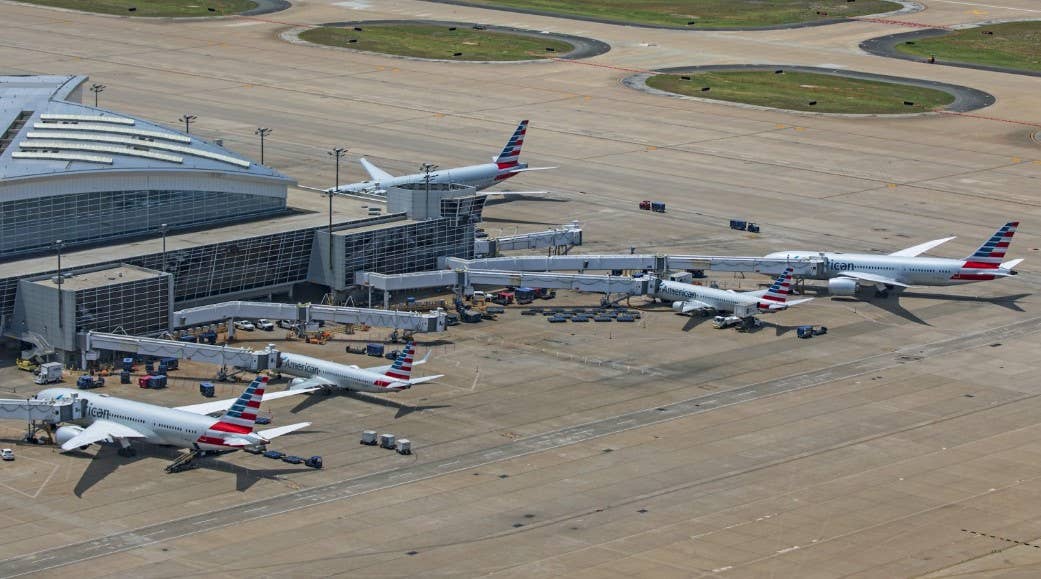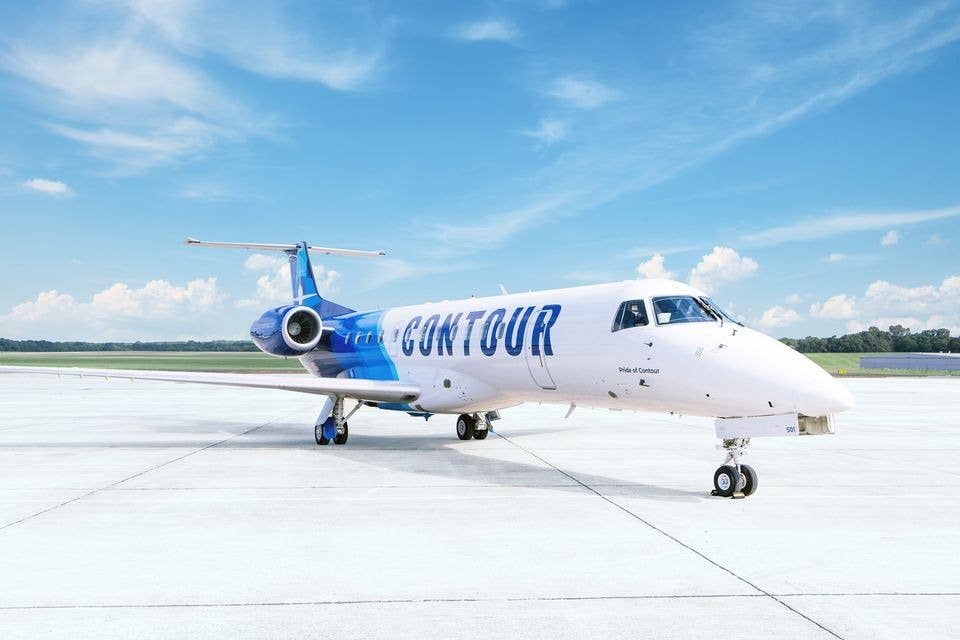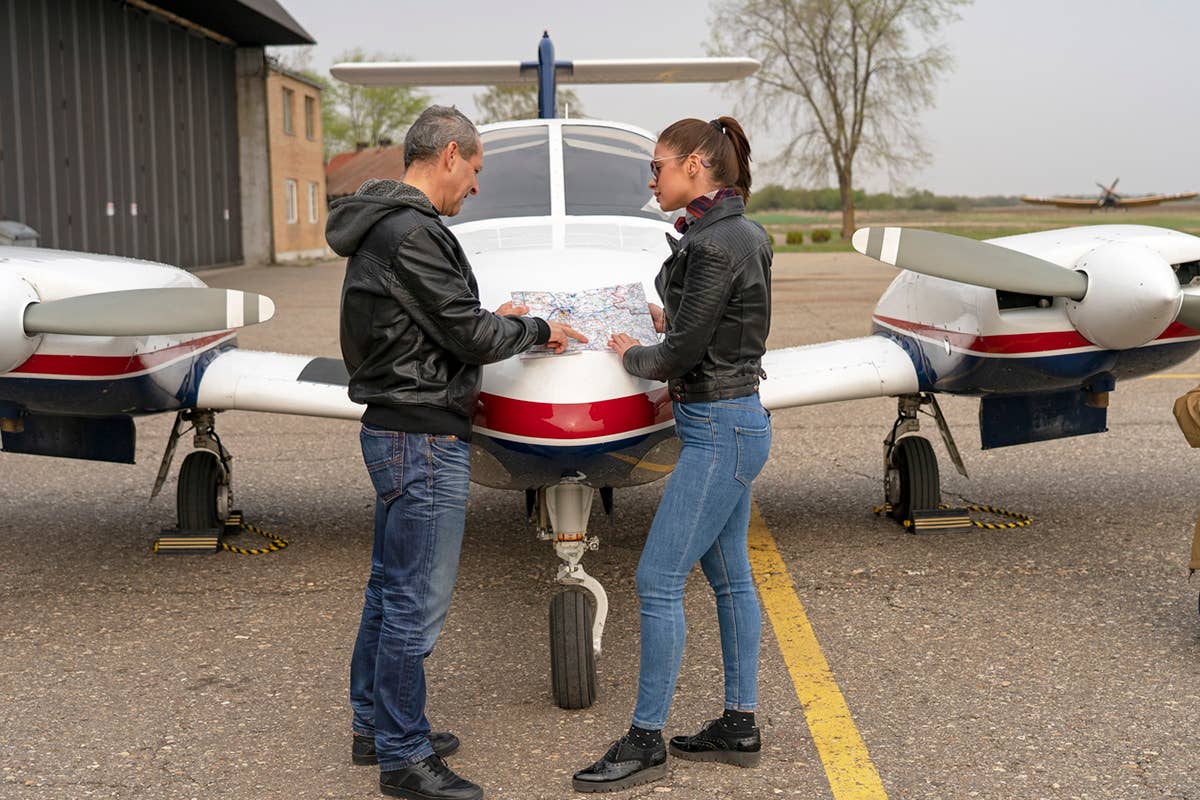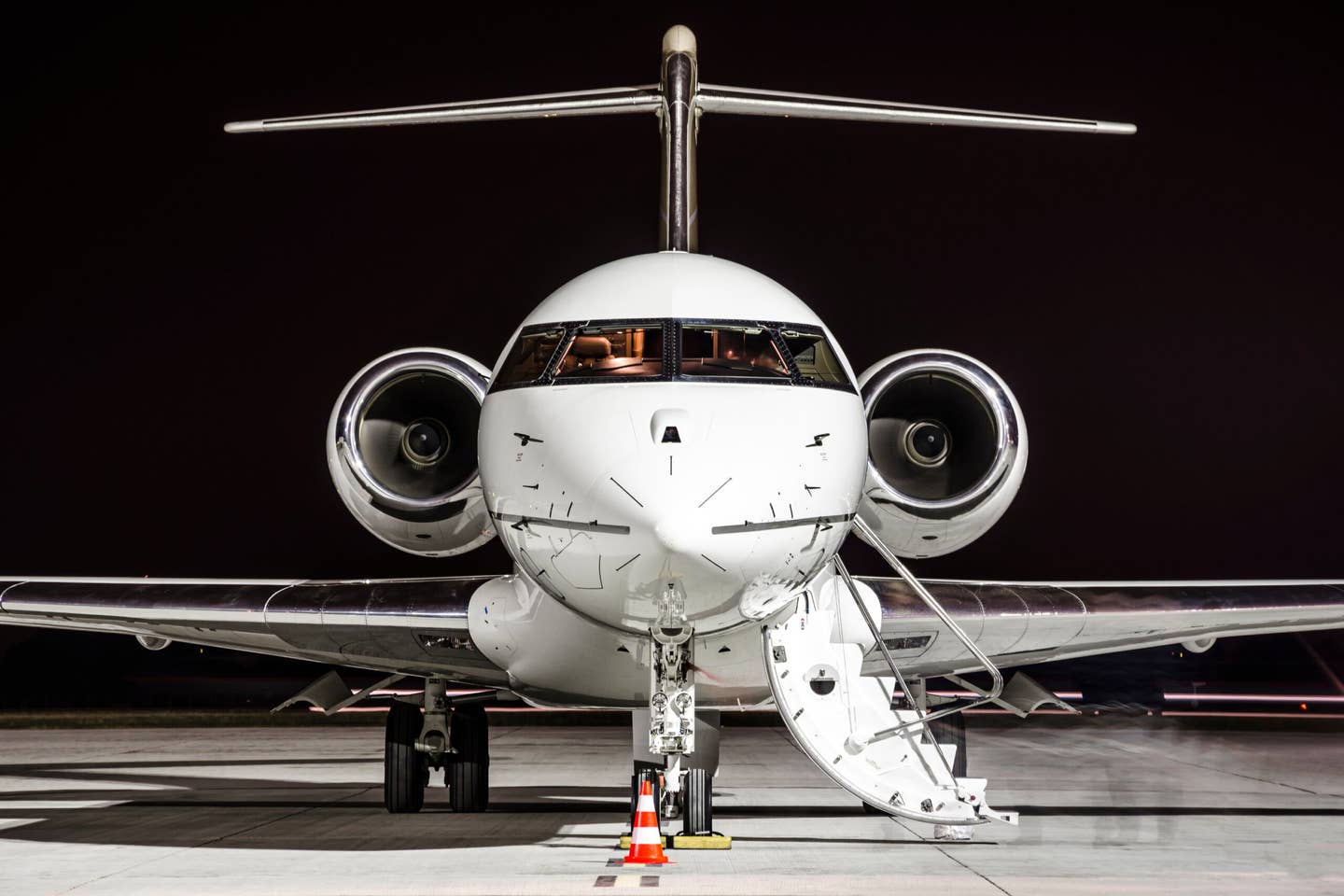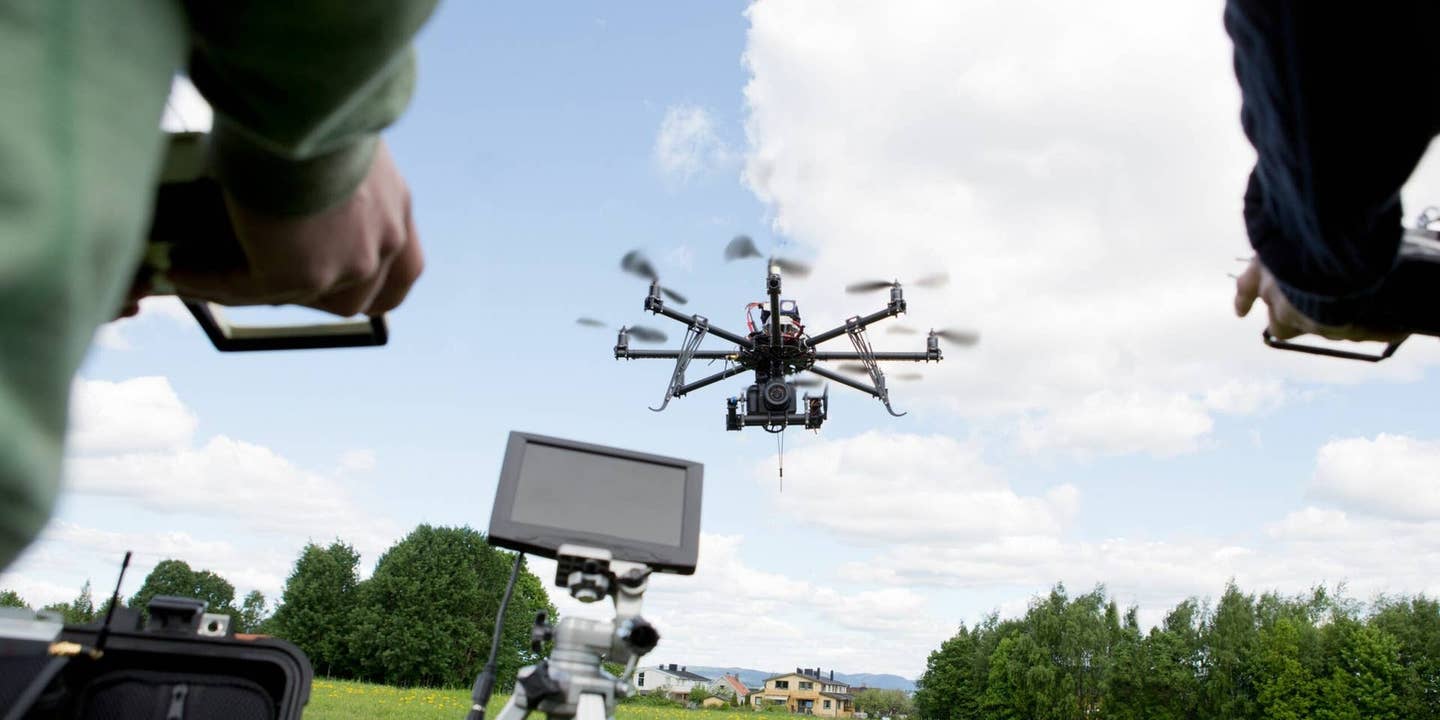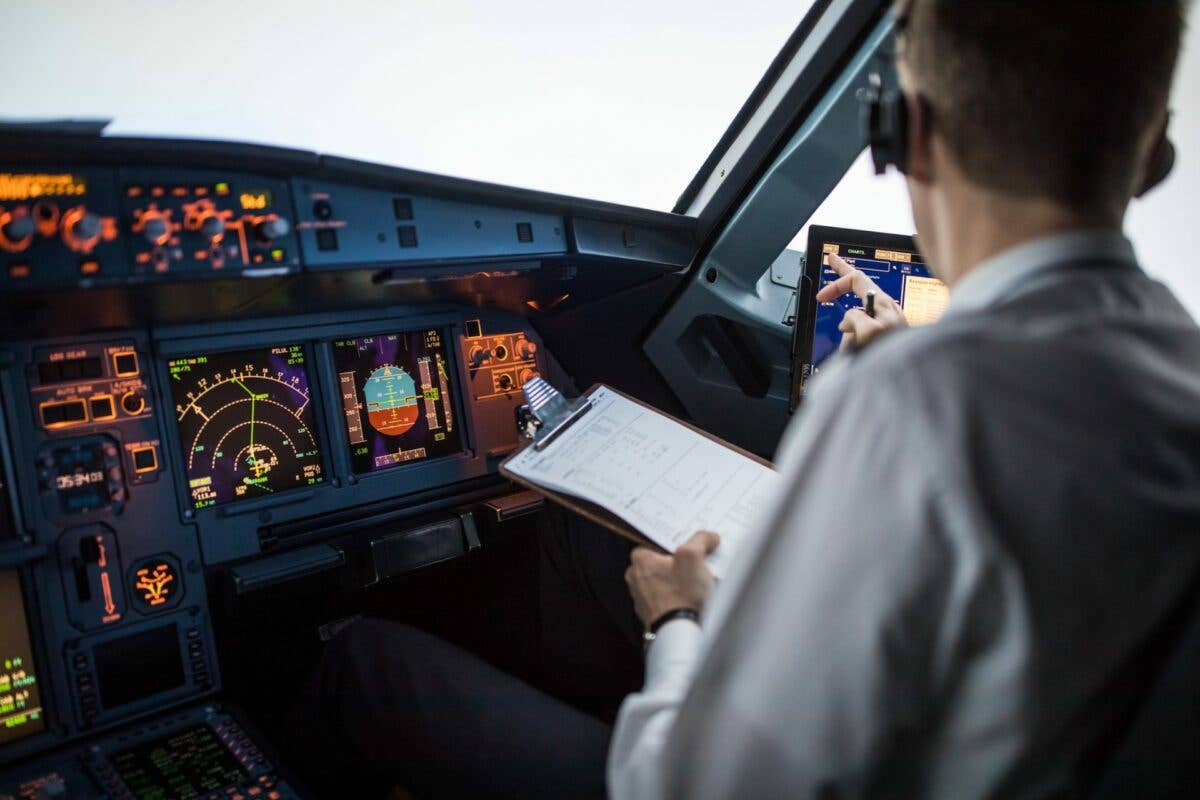What Skills Do You Need to Become an Aviation Maintenance Technician?
Being an AMT is a challenging job and requires certain abilities and expertise.
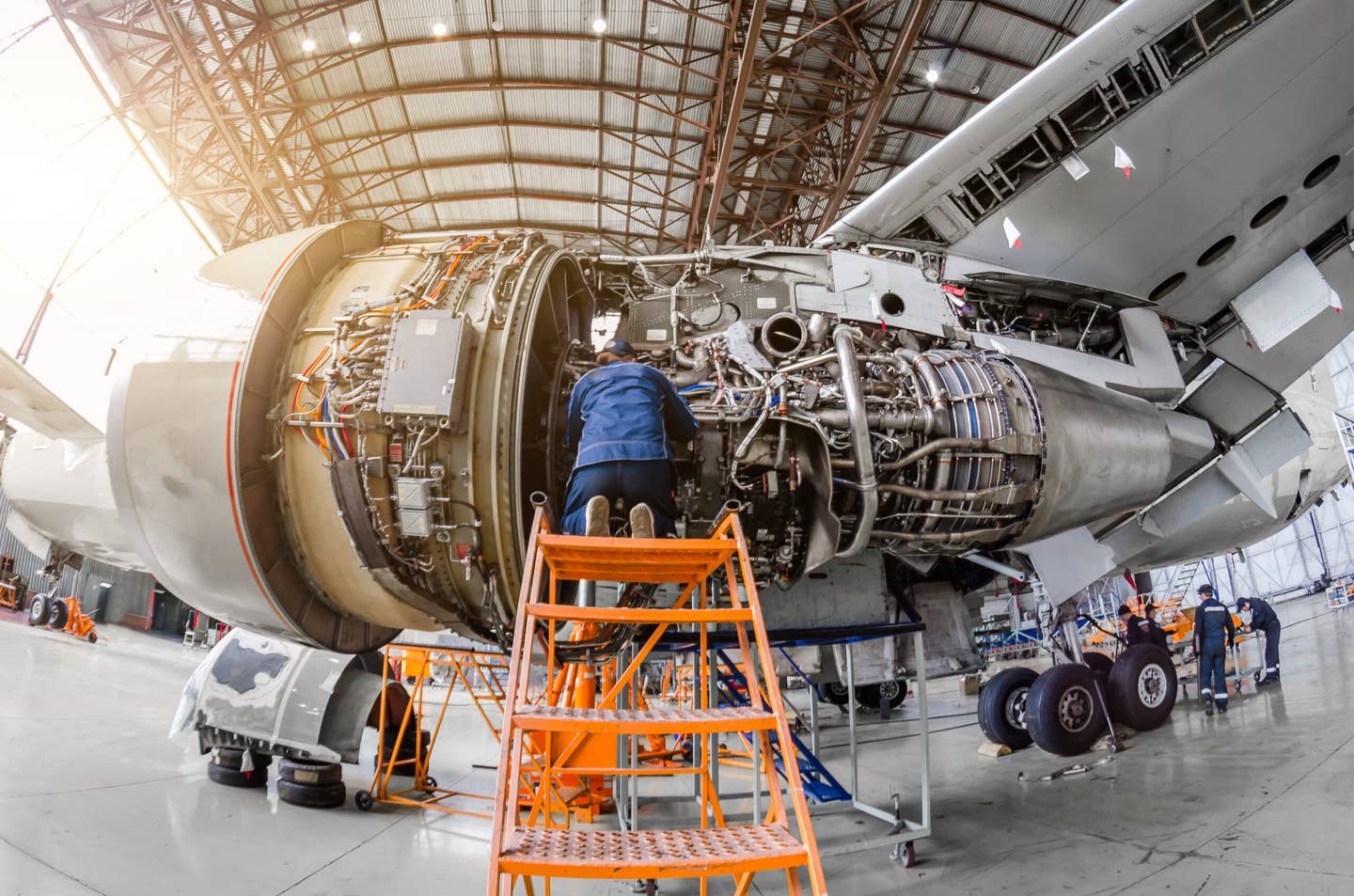
[Credit: Adobe Stock]
Aviation Maintenance Technicians (AMTs) play a critical role in the aviation industry. Working tirelessly behind the scenes, AMTs keep aircraft in safe working condition.
Becoming an AMT can lead to a lucrative and rewarding career. However, there are some important skills that prospective AMTs need to possess.
A Willingness to Learn
There is a steep learning curve for new AMTs. Not only do they need to complete their academic training, but there is also extensive on-the-job training. Learning and development is also a career-long process, with AMTs being required to stay up to date on new directives, procedures, and practices.
Teachability and adaptability are therefore valued traits in the world of aviation maintenance. Prospective AMTs need to be willing and able to absorb new information and apply their newfound knowledge and skills in a practical environment.
Attention to Detail
Pilots, crewmembers, and passengers rely on the hard work of AMTs for aircraft safety and reliability. With such important responsibilities, AMTs must have strong attention to detail when conducting their work.
Small mistakes can have serious consequences when it comes to aircraft maintenance. With larger aircraft now having millions of parts, the work of AMTs is often complex and detail oriented.
Flexibility
The work environment of an AMT can be dynamic and challenging. While AMTs often perform routine scheduled maintenance, the nature of the work also means that they are called upon when things go wrong.
Whether an aircraft is grounded due to an unexpected maintenance issue, or a new problem is discovered during a routine process, AMTs must have the ability to adapt to changing situations.
Many AMTs will work in a 24/7 environment, especially if they work for an airline. Companies will often perform maintenance at night when many of their aircraft are not flying. Prospective AMTs need to be prepared to work shifts around the clock and on evenings, weekends, and holidays.
Ability to Work Independently and on a Team
Although AMTs can work in different types of environments and workplaces, they typically work as part of a larger operation. Large airlines or maintenance providers, for example, could have dozens or even hundreds of AMTs working in a facility at any given time.
AMTs can work on all parts of an aircraft, ranging from the engines to the pilot seats. Given the wide range of potential tasks, AMTs have to be able to work well on their own and as part of a larger team.
Strong Communication
Effective communication is important in most workplaces, but it is particularly crucial when safety is involved.
Not only do AMTs have to communicate with their maintenance colleagues, but they often have to work closely with pilots, crewmembers, supervisors, and other professionals within their company. Having the ability to communicate well, both orally and in writing, is a major asset for an AMT.
Technical Skills
The work of an AMT is inherently technical and requires extensive knowledge and training. Many of the technical skills needed to be an AMT are obtained through formal training.
However, there are also valuable skills that can be developed outside of the field of aviation maintenance. For example, strong math abilities or a good grasp on diagrams and patterns can greatly benefit a prospective AMT.
Physical Skills
Being an AMT is a physical job that requires a certain level of stamina and dexterity. AMTs may have to stand for long periods of time, work in confined spaces or awkward positions, and operate a variety of tools and equipment.
While many of these skills can be developed through training and experience, it can help a prospective AMT to be in good physical shape and have a general understanding of how to use tools and power tools.
Do You Have What It Takes to Be an AMT?

Subscribe to Our Newsletter
Get the latest FLYING stories delivered directly to your inbox

